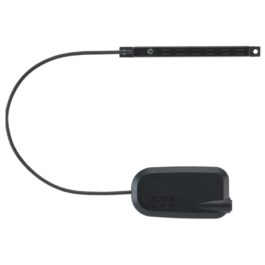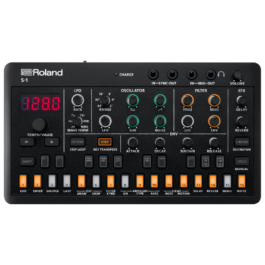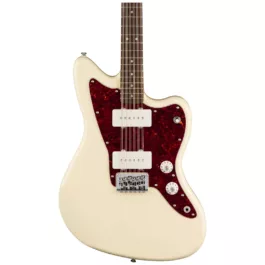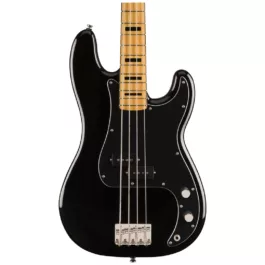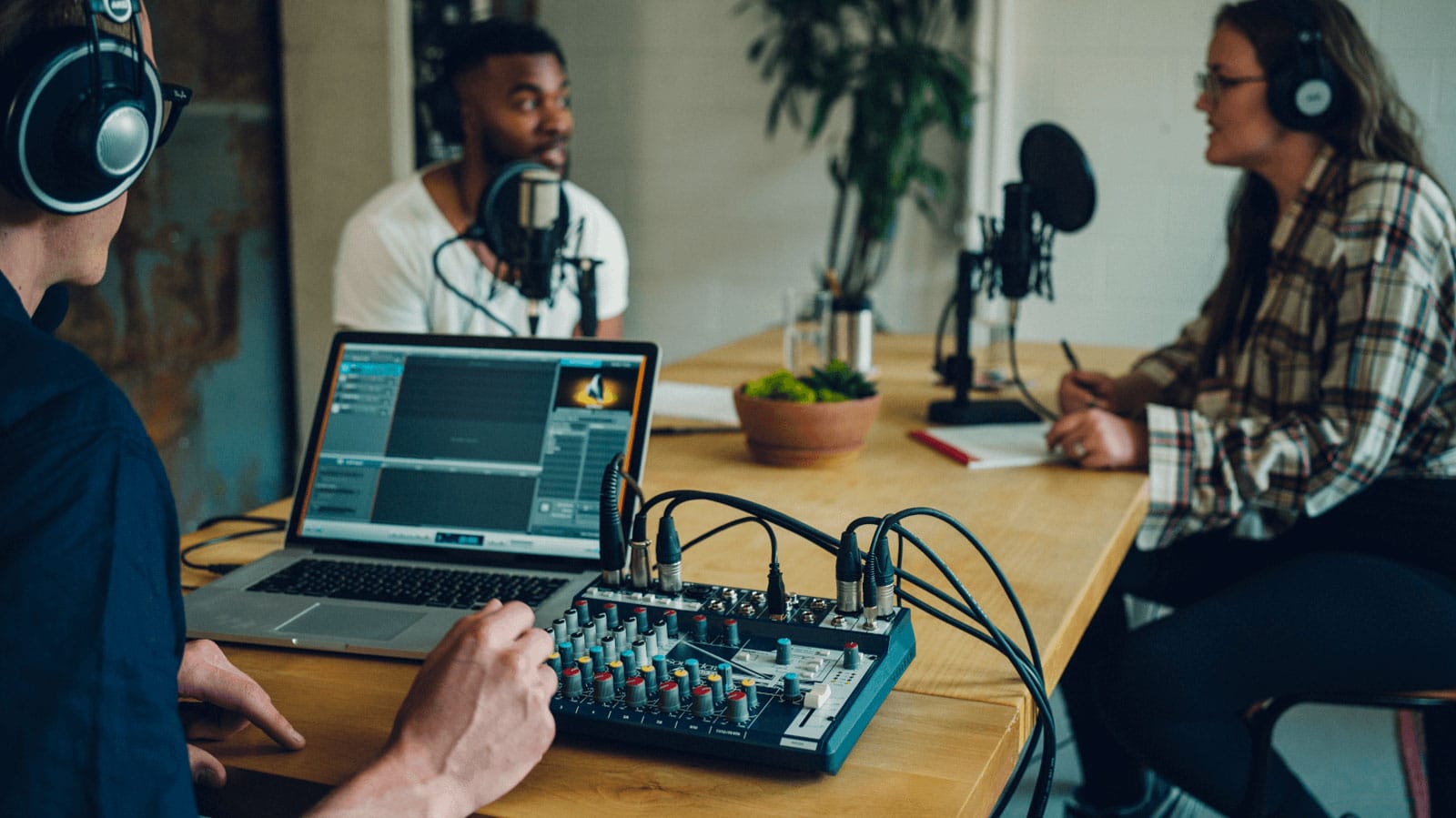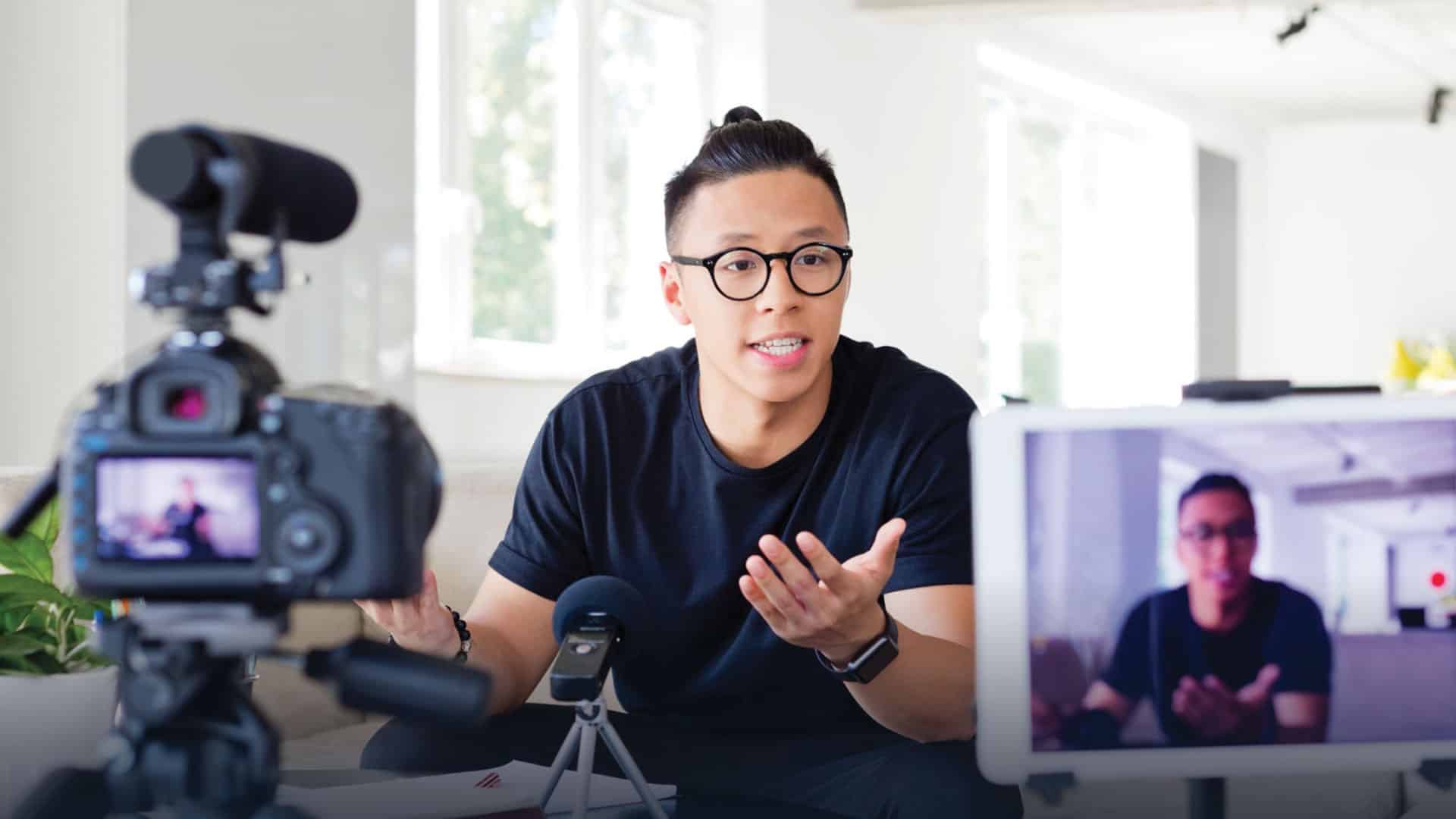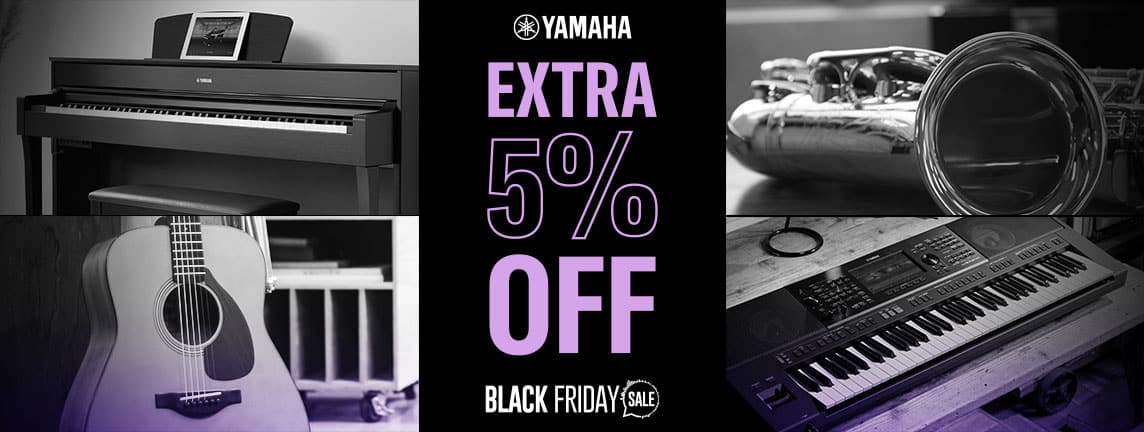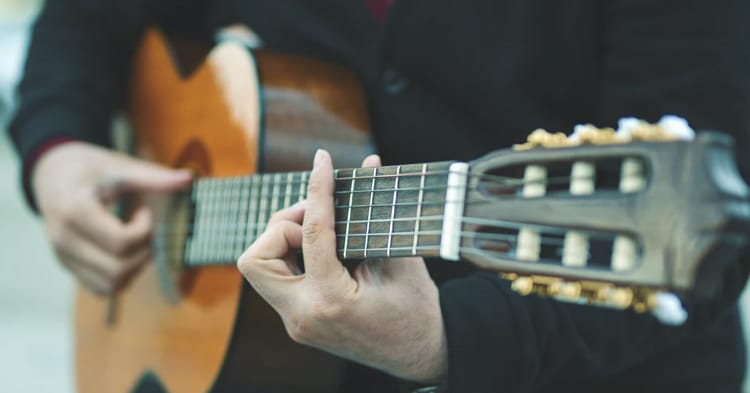
We’ve all been told that practice makes perfect, but is it really true? Well, sort of. If you are practising wrong, then you will take a very long time to improve. Often people who think they aren’t hacking it at their chosen instrument are just practising wrong. Use our 10 tips for effective practice to help you level up your playing.
We asked some of our in-house teachers and some of the professional musicians working for Paul Bothner Music for their top practice tips.
1) Practice is about discipline, not motivation
All of us find motivation is different things. Whether it be a pretty smile, a brutal riff, political outrage or just something that wonders into our head. The one thing that motivation has in common, is it isn’t always something we can call on at will. You should never use the lack of motivation as an excuse to not practice. Ultimately, discipline is what you need. You need to make a schedule and keep to it. It will eventually become second nature to practice, whereas if you rely on motivation, you run the risk of going days or even weeks without playing a single note.
2) Don’t over do it
You should practice smarter, not harder. Know your body and learn to listen to it. If you are in pain, your posture might be wrong or it might just be time to take a break. There are many repetitive strain injuries that can come from over practising. If you are zealous and don’t want to stop your session, switch to theory for a while.
3) There is a difference between playing and practice
Practice time is the time you set aside to polish new pieces and exercises. If you are at a braai and you grab the guitar doing to rounds to play a few songs, that is not practice. Or if you’re just jamming a few songs at home on a Friday night and singing along, that does not qualify as practice. Practice should always be done with the knowledge that you are going to play the same piece over and over again until it is polished and perfect. This is not something to be done with an audience.
Practice is a lot more thoughtful and mentally demanding than most believe believe, while repetitive playing does have its benefits, one should be able to mentally break down how the music is flowing, in terms of rhythm harmony and melody. This will do more for a musician in improving creativity and developing a more unique sound which tends to be able to be applied in more musical context as opposed to copy and pasting lines and keeping your music singular.

4) Set Goals
If you just play whatever new style or riff you’ve learned, then you are not getting the most out of your playing session. You should identify and set goals for yourself. IF you want to learn to play pieces beyond your current ability, then set a clear path of what you need to learn to achieve your goals. If you are unsure how to do this, then you should consult a music teacher
5) Find a quiet place
Your practice time should be focused on. You want to be in a quiet room with as few distractions as possible. You definitely shouldn’t be on your bed with a movie playing in the background. Practising is similar to meditation.
6) Record Yourself
In order to fully grasp where you are going wrong, you need to critically listen to yourself playing. This isn’t always easy to do while you are in the moment, and for certain faster pieces, it can be near impossible at first. If you record your practice sessions and listen back to them, you will be able to identify what you need to focus on.
7) Be honest with yourself
You need to be critical of your own playing, and you need, to be honest with yourself. Was that piece good enough? Would you think it was good enough if you heard someone else playing it? Would your high school music teacher have any tips on playing it better? These are all things you need to consider while polishing a piece
8) Be consistent
If you practice one day a week for two hours, you will ultimately achieve less than if you practice once a day for 20min. Sure, after a week you would have done more or less the same amount of playing, but only by consistently playing will you improve at a decent rate. Set times of the week where you commit to practising, and stick to them.
9) Be patient
Learning anything new takes time. Music never gets easier, you just get to learn to play cooler songs. To push yourself and become a better musician takes time. Ans it takes a lot of time at that. You should push yourself, but you shouldn’t be hard on yourself if you are taking a long time to get something down. Not everyone can be Shaun Lane after all.
10) Take time off
Playing is important. Not playing can be as important. Don’t play for 6 hours every day of the week. You should try to take at least one day a week for recovery. You use muscles to practice, and just like any sport if you don’t take recovery time, you can hurt yourself or even burn out. Every year I take 2 weeks off from playing. I don’t touch an instrument. When I go back to playing after those two weeks I have a new found passion and excitement for playing.
11) Don’t always practice solo
Play in a band or with mates. Get one or two or three people together to learn the same song, and play it as a unit. If you practice by yourself all the time you are limiting the flow of new ideas and information. The bulk of your practice should be solo work in a quiet distraction-free zone, but practising with other people is vitally important.
Shop Our Latest Gear Online
-
Request Stock
- Out of Stock
- Guitar & Bass, Pickups
Boss GK-5 Electric Guitar Divided Pickup
-
R9,295R6,695FREE DELIVERY - Select options
-
-
- DJ & Beat Production, Keys & Pianos, Synthesizer Modules, Synthesizers
Roland Aira Compact S-1 Tweak Synth
-
R4,995R4,750FREE DELIVERY - Select options
-
Request Stock
- Out of Stock
- Electric Guitars, Guitar & Bass
Squier Paranormal Jazzmaster® XII, Laurel Fingerboard, Mint Pickguard, Lake Placid Blue
-
R17,495R12,595FREE DELIVERY - Select options
-
-
- Bass Guitars, Guitar & Bass
Squier Classic Vibe ’70s Precision Bass®, Maple Fingerboard, Black
-
R19,095R13,750FREE DELIVERY - Select options
-
- Guitar & Bass, Bass Guitars
Fender Vintera® II ’60s Bass VI, Rosewood Fingerboard, Lake Placid Blue
-
R45,795R38,925FREE DELIVERY - Select options


